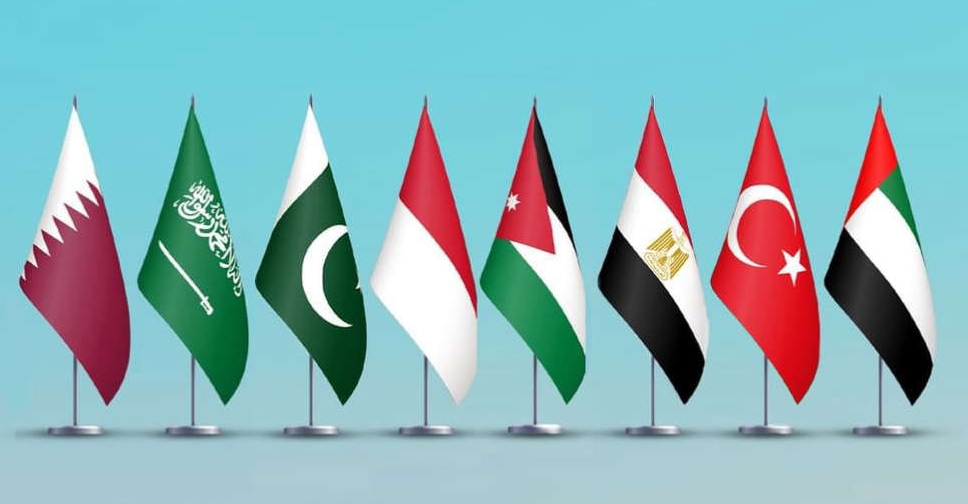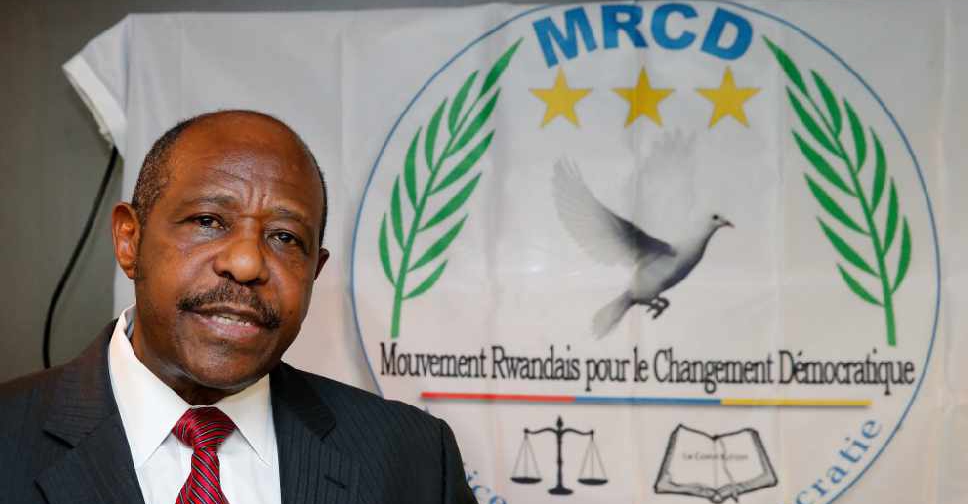
Rwandan President Paul Kagame denied that his government had kidnapped from abroad Paul Rusesabagina, whose widely acclaimed heroism inspired a Hollywood movie.
At a virtual news conference in the capital, Kigali, Kagame did not say exactly how Rusesabagina had been taken into custody but suggested he had been tricked into travelling to Rwanda before he was arrested.
"It was not the case," Kagame said, referring to accusations of kidnapping.
"There was no kidnap. There was no wrongdoing in the process of his getting here. He got here on the basis of what he believed and wanted to do, and he found himself here ... that's how it happened."
Kigali announced Rusasebagina's detention on August 31, parading him before the press in handcuffs.
The country's criminal investigations agency, the Rwanda Investigation Bureau (RIB), has said Rusesabagina will face charges including terrorism, financing terrorism, arson, kidnap and murder.
The Rwandan government has accused Rusesabagina of having a hand in alleged attacks by National Liberation Front (FLN) rebels in southern Rwanda along the border with Burundi in 2018.
A former hotel manager during Rwanda's 1994 genocide, Rusesabagina used his job and his connections with the ethnic Hutu elite to protect Tutsis fleeing the slaughter.
His heroism inspired the Oscar-nominated film Hotel Rwanda, in which he was played by actor Don Cheadle.
Rusesabagina left Rwanda shortly after the genocide and later acquired Belgian citizenship. He has been living in Texas.
His relatives have accused the Rwandan government of kidnapping him.
Rusesabagina has been a strong critic of Kagame's government, whose credit for returning the country to stability after the genocide and boosting economic growth, has been tainted by accusations of widespread repression.
On Thursday, U.S. Assistant Secretary for African Affairs Tibor Nagy tweeted that Washington expected Kigali "to provide humane treatment, adhere to the rule of law and provide a fair and transparent legal process."
About 800,000 Tutsis and moderate Hutus were killed in 100 days in the central African nation in 1994.
Soldiers of the then-Hutu-led government and ethnic militia allies orchestrated the genocide in which victims were hacked to death with machetes, burned alive or shot.




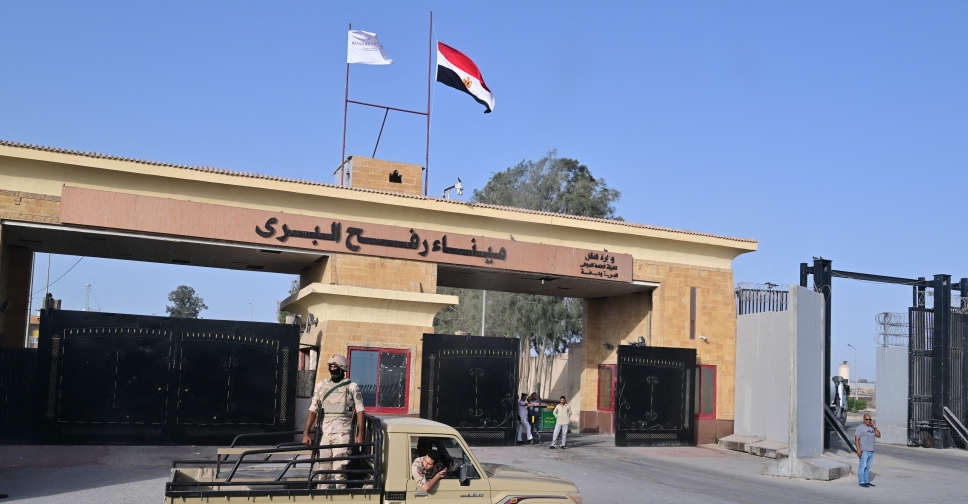 Reopening of Gaza's Rafah crossing expected Monday
Reopening of Gaza's Rafah crossing expected Monday
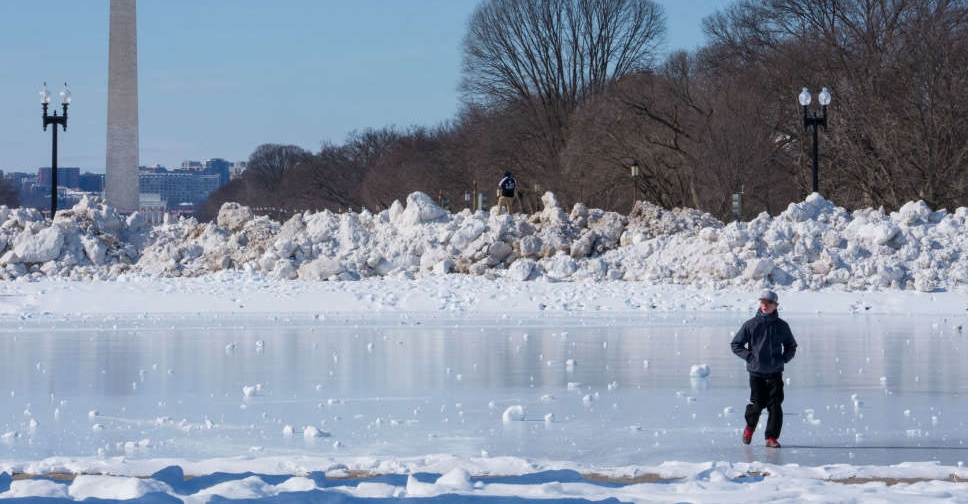 Winter storm death toll in United States reaches 90
Winter storm death toll in United States reaches 90
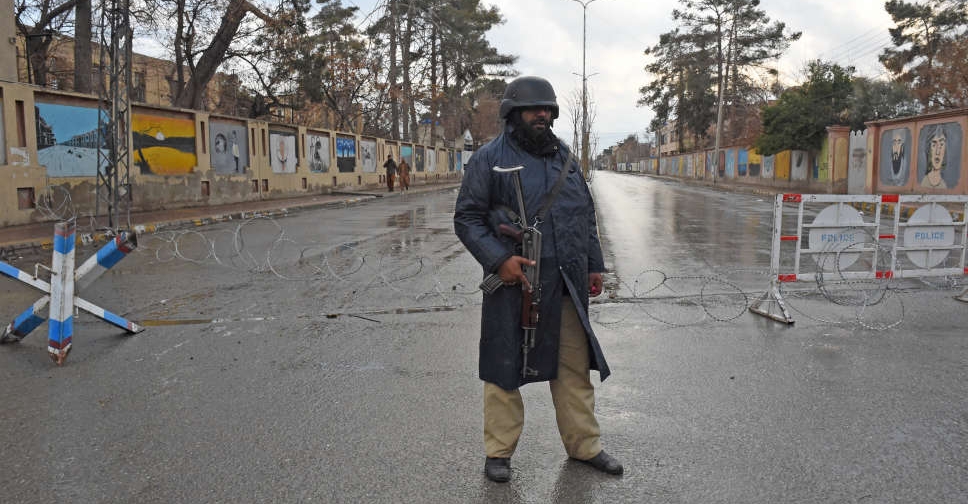 Pakistan says 145 militants killed after attacks in Balochistan
Pakistan says 145 militants killed after attacks in Balochistan
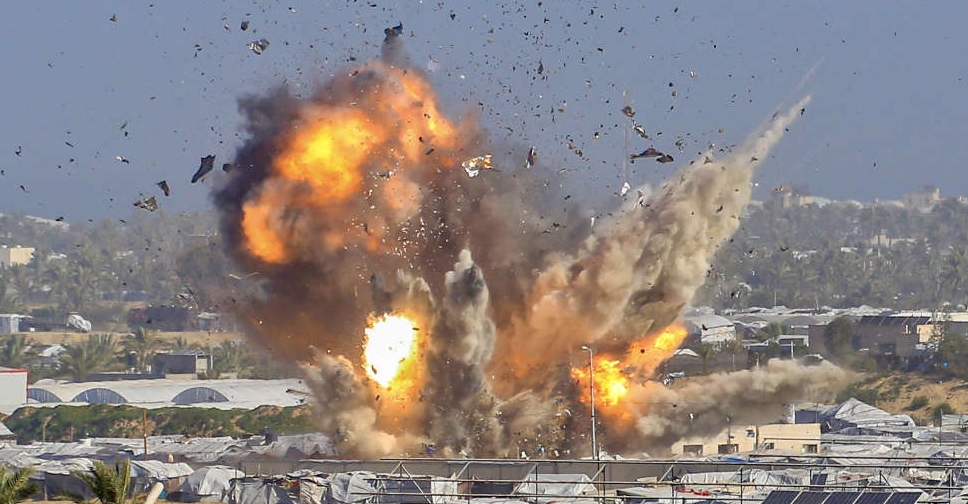 Israeli strikes kill 26 in Gaza, health officials say
Israeli strikes kill 26 in Gaza, health officials say

